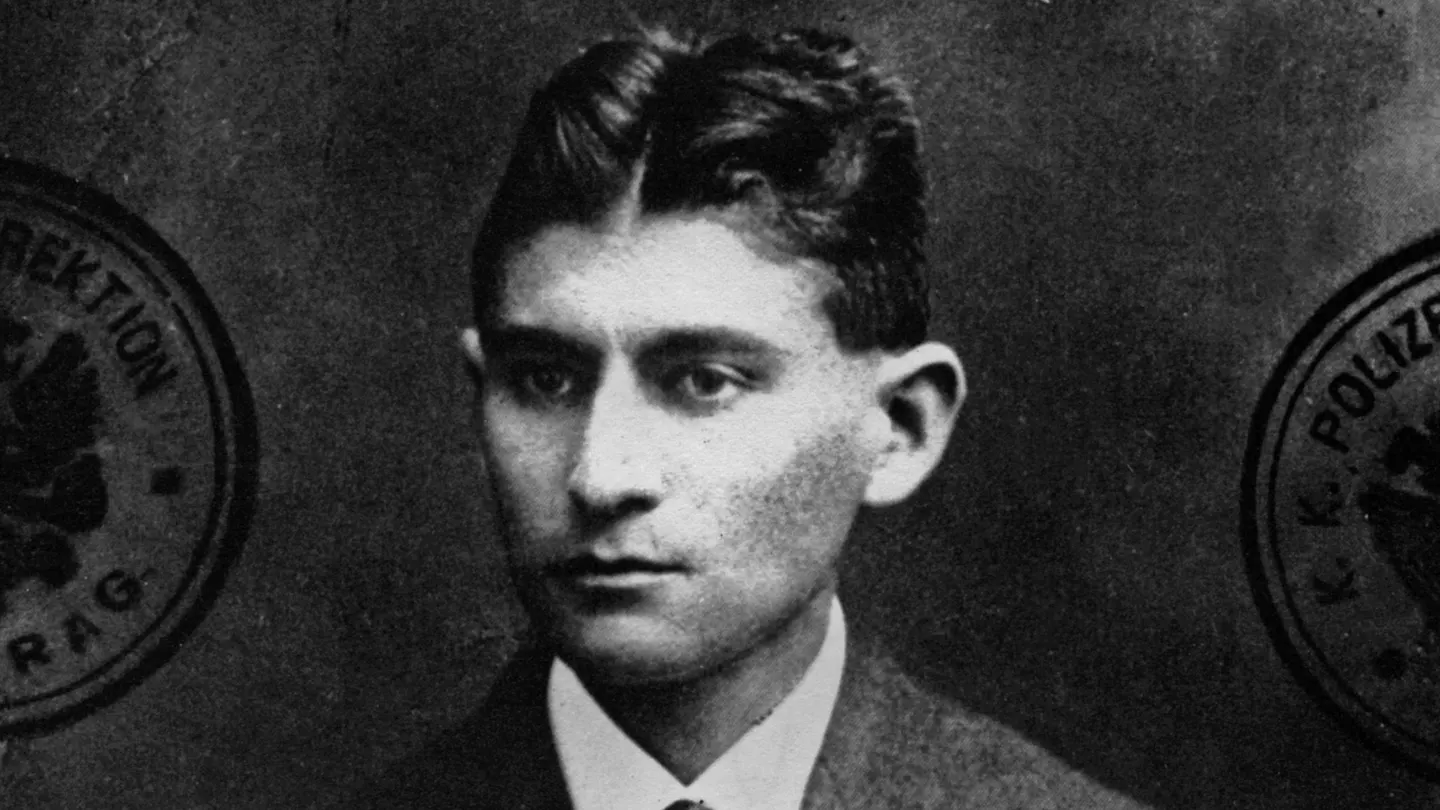An Overview of Franz Kafka
Franz Kafka, born in 1883 in Prague, emerged as a significant figure in German-speaking literature. His distinctive style combined the surreal with existential themes, leaving a lasting impact on modern literature. Kafka’s experiences as a Jew in a predominantly Catholic society often translated into his literary works, exploring deep feelings of alienation and absurdity.

Notable Works and Themes
Among Kafka’s most notable works are ‘The Metamorphosis,’ ‘The Castle,’ and ‘Letter to His Father.’ These stories depict characters caught in an oppressive system, often struggling with existential dilemmas. The themes of isolation and systemic oppression resonated deeply with readers, marking Kafka as one of the most profound writers of the 20th century.
Struggles with Acceptance
Despite his literary prowess, Kafka battled immense self-doubt, leading him to destroy about 90% of his writings. Unfortunately, this has resulted in much of his work remaining lost or unpublished. Nevertheless, fragments and stories such as ‘Contemplation’ and ‘A Country Doctor’ continue to circulate and engage audiences. Kafka’s legacy persists, showcasing the impact of societal norms through the lens of those who feel marginalized.


